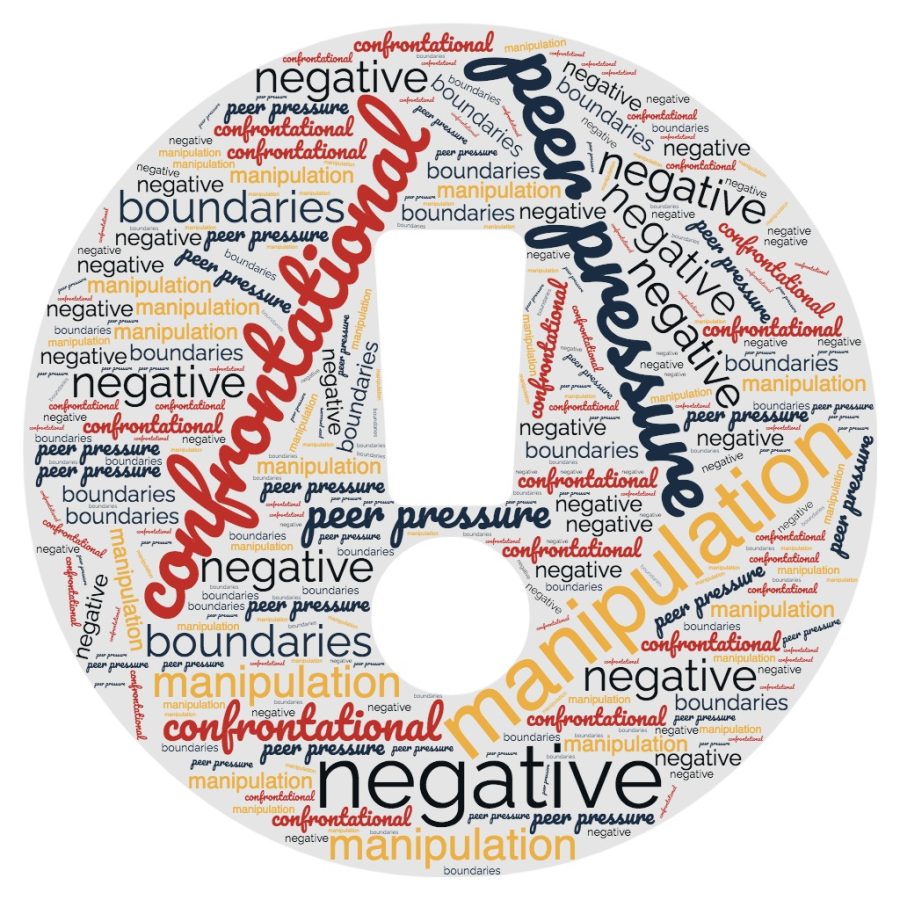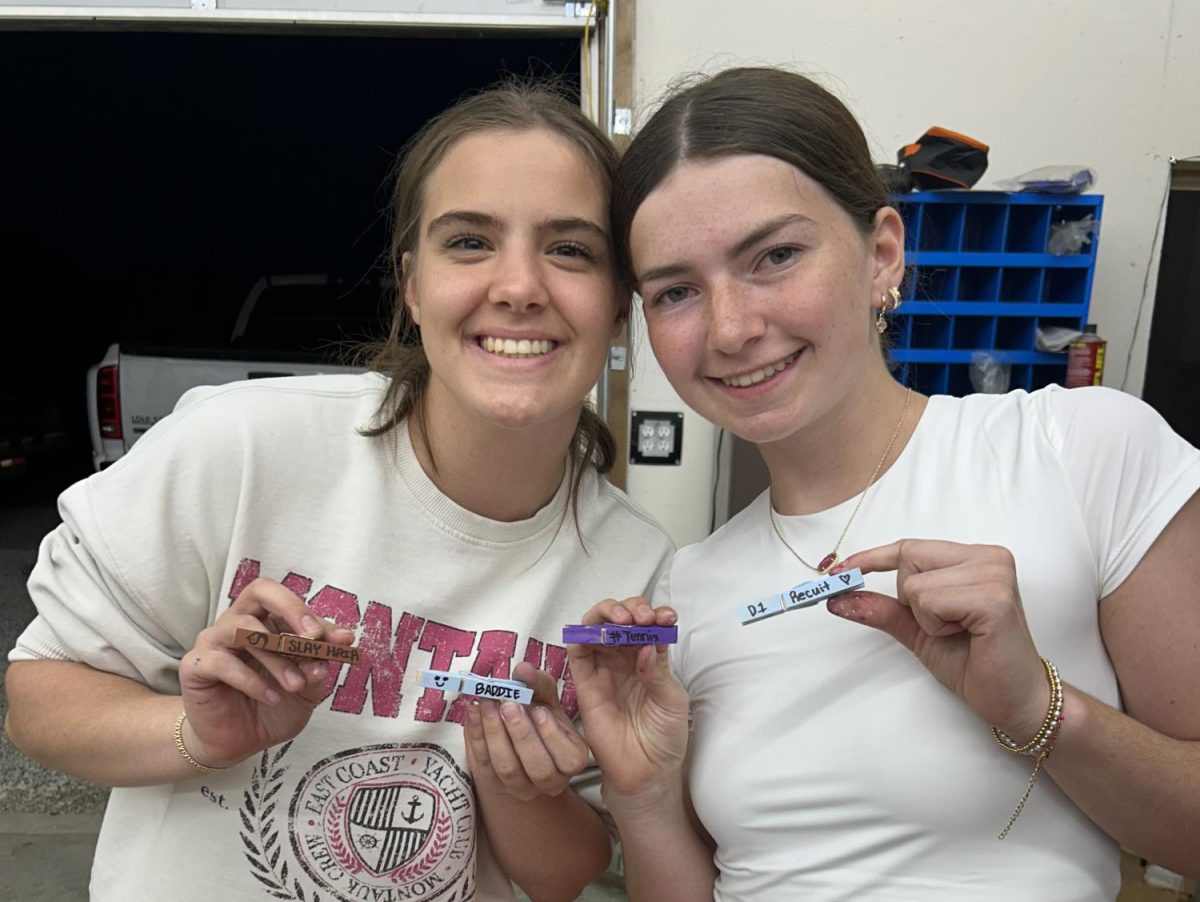Stigma about Peer Pressure
Peer pressure can influence many student’s lives throughout their high school career.
Peer pressure is all around people.
January 26, 2022
From that first game of Truth-or-Dare in elementary school, students feel peer pressure. The excitement of pulling gossip out of your friends (truth) or demanding a physical exploit (dare) is heightened as your friends persuade you to move outside the emotional and physical boundaries you’d set for yourself.
Eighty-six percent of the students surveyed at AHS have personal experience with the pressure. While many would conclude that peer pressure is a negative prospect towards mentality and social life, about forty percent of students who responded voted that their experience created a positive influence in their life. For instance, a respondent said that in their first experience doing All-State Choir, they felt pressured by the choir teacher, Mr. Adamon, to do better. But they said that thanks to him, they got better results than they originally thought they would. A few students said the pressure they were subjected to managed to help them create opportunities that they never would have taken otherwise.
“[My friends] make me feel [more] confrontational,” replied a student. They continued on, saying their pressure pushes them out of their comfort zone making them more confident and courageous. The American Journal of Public Health said in an article that peer pressure can help strengthen and test an individual’s bond in their friend group. Another article said they use their friends’ expectations to their advantage to push themselves harder to achieve higher goals.
While some have had positive experiences with social pressure, many responses reported the negative impact their friends’ pressure has on their life. Sixty-two percent of the respondents answered that they had more of a negative experience than wanted. A number of the answers said they were afraid of the consequences that lay with the resistance of their peers. “Sometimes you just want to impress your friends. [It’s] especially hard when you don’t have much self-esteem…if you do something to seem cool to your friends, it’s easier to think better about yourself,” a student said. Many participants also said they would rather go through with what their friends want than dread the feeling of losing their friends and being judged by them.
A few students described their experience with peer pressure as some sort of manipulation. One participant said they were manipulated to the point where they later became so mentally unstable that their grades became affected. Alarmingly, many of the willing respondents reported that they were forced into vaping, relationships, and even verbally abusing others. A question asked on the survey was, “Do you often feel happy with your decisions?” Overall half of the percentage responded with “sometimes” while thirty-eight percent answered negatively with the range of “not very often” to “almost never.” Thus, only eleven percent of students regard their decisions positively
Though many responses were reports of manipulation, others remarked that many opportunities that created countless great memories stemmed from peer pressure. “My biggest experience was joining cross country,” said one respondent. “My friends begged me to join for about two years in a row…I caved in and joined and it was such a great experience. Now I’m one of the varsity runners on the team.”











